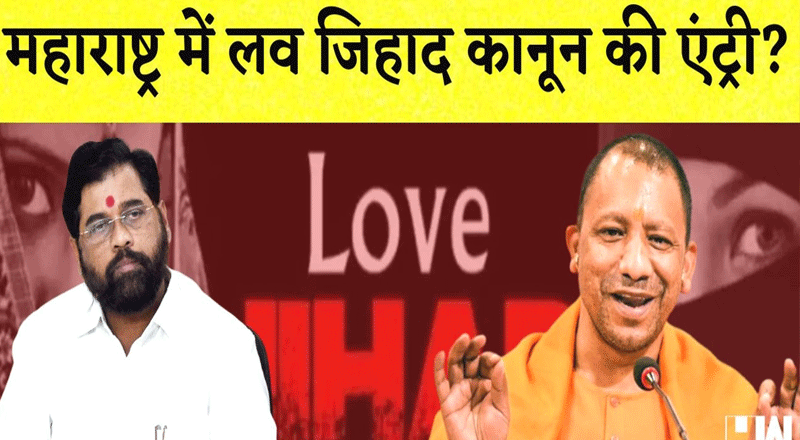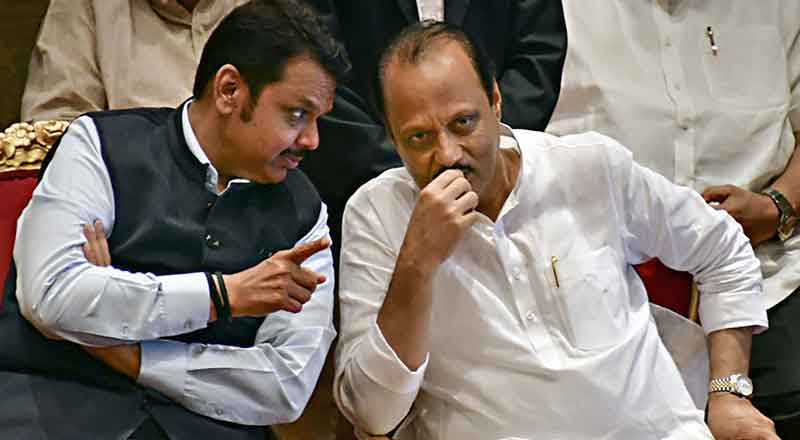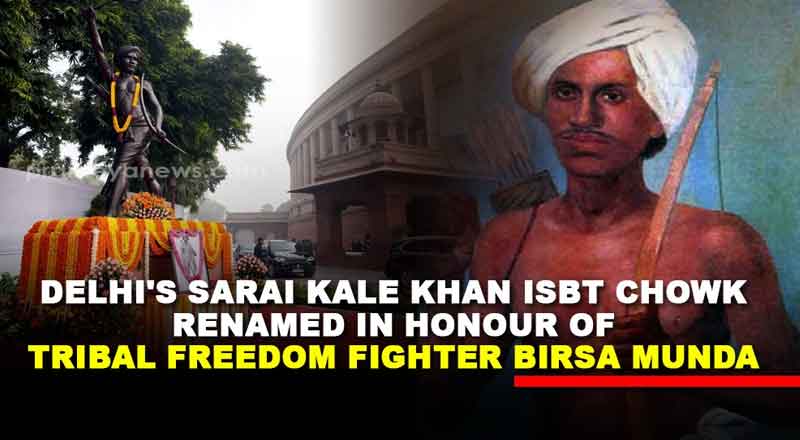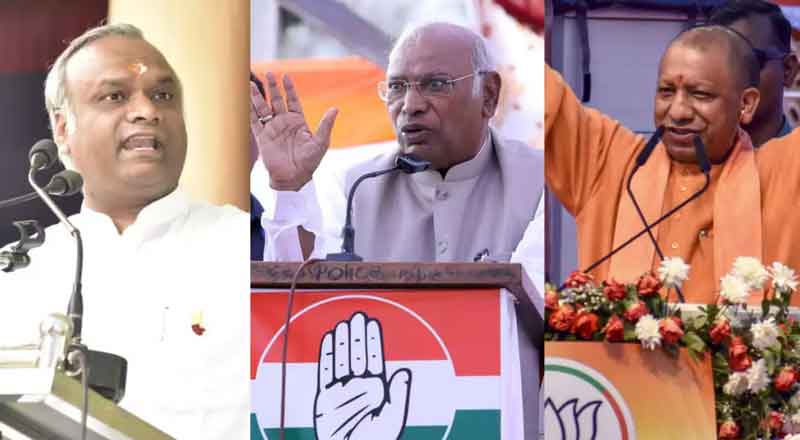The UP Maharashtra government has announced that it would study bills and acts of other states related to ‘Love Jihad’ to bring similar legislation. What’s behind it?
Such cases are happening all across the country. Some states have made stringent laws to curb such cases; hence, Maharashtra is also ready to enact the law on similar lines to ensure long-term protection to women,” Maharashtra Deputy Prime Minister Devendra Fadnavis, who also holds the law and judiciary portfolio, said on December 20. The government will take a final call soon.
Fadnavis also pointed out that in the recent past, there have been 40-odd morchas at various places in the state demanding a ‘Love Jihad’ law.
His comments came on a day rightwing activists beat up a youth who was accused of love jihad in the Indore district of Madhya Pradesh.
In ‘Love Jihad’, Muslim men are believed to target predominantly Hindu but also Christian women for conversion by means such as seduction, feigning love, deception, kidnapping, and marriage. The National Investigation Agency (NIA) has been probing several cases, especially from Kerala.
Some also see it as an Islamophobic conspiracy theory developed by proponents of Hindutva. They say the use of the term is more to target a particular community and appeal to the rightwing constituency for electoral gains. After Shraddha Walkar’s brutal murder by her live-in partner Aaftab Poonawala, who chopped her body into pieces, social media was abuzz with the term.
It was in 2009 that it drew bigger attention when Kerala Catholic Bishops Council reported that up to 4,500 girls in Kerala had been targeted in ‘Love Jihad’, while Hindu Janajagruti Samiti claimed that 30,000 girls had been converted to Islam in Karnataka alone.
On June 25, 2012, then Kerala Chief Minister Oommen Chandy of the Congress informed the state legislature that 2,667 young women had been converted to Islam in the state since 2006, of which 2,195 were Hindus and 492 Christians.
Even though Chandy said there was no evidence for forced conversions in the state and the fears about love jihad were baseless, his statement sparked a debate on the sensitive subject.
Many Hindu and Christian groups demanded an investigation into the “phenomenon”. It was also alleged that the Popular Front of India, banned in September this year, and Campus Front were behind the spurt in ‘Love Jihad’ cases.
In September 2009, rightwing group Shri Ram Sena put up posters warning against love jihad in Thiruvananthapuram, Kerala. In December 2011, Mallika Prasad of the BJP stirred a hornet’s nest in Karnataka legislative assembly when she said that 84 girls had been reported missing in Dakshina Kannada district from June to November of that year, of whom only 69 had been traced. After her statement, the Karnataka government decided to launch a probe into ‘Love Jihad’.
LAW IN UP
In 2019, the Uttar Pradesh State Law Commission submitted a report before the Chief Minister saying forced religious conversions or conversions through fraudulent ways were growing. It recommended a law to check it. In 2020, the Uttar Pradesh Cabinet cleared a draft ordinance against forceful inter-faith conversions — ‘Love Jihad’. The Uttar Pradesh government implemented it aggressively.
The law prohibits conversion of religion through force, misrepresentation, undue influence, allurement, fraud or marriage. It also prohibits a person from abetting, convincing, and conspiring to such conversions. Marriage is declared void if it was done for the sole purpose of unlawful conversion, vice-versa or if the religious conversion did not follow the procedure in the ordinance.
Apart from punishment, it also makes such an act of conversion a non-bailable criminal offence. Offences under the law are punishable by up to 10 years of imprisonment.
On September 19 this year, the first conviction in UP under the ordinance was carried out when the Amroha district court sentenced 25-year-old Mohammad Afzal to five years in prison and imposed a fine of Rs 40,000 on him.
FREEDOM OF CHOICE
Even though laws against ‘Love Jihad’ are being made more stringent, it is pertinent to note that more and more interfaith couples are braving the odds to tie the nuptial knot. The laws against forced conversions are fine but they shouldn’t spawn a culture of fear, experts have said.
If this happens, the couples will resort to conversion as an escape route. India’s Special Marriage Act calls for a month’s notice before inter-faith couples can get married. The couple’s family can raise objections to it and stop it.
While unlawful activities need to be dealt with, it is also imperative to give adult couples the right of freedom to choose their partners and their religion





